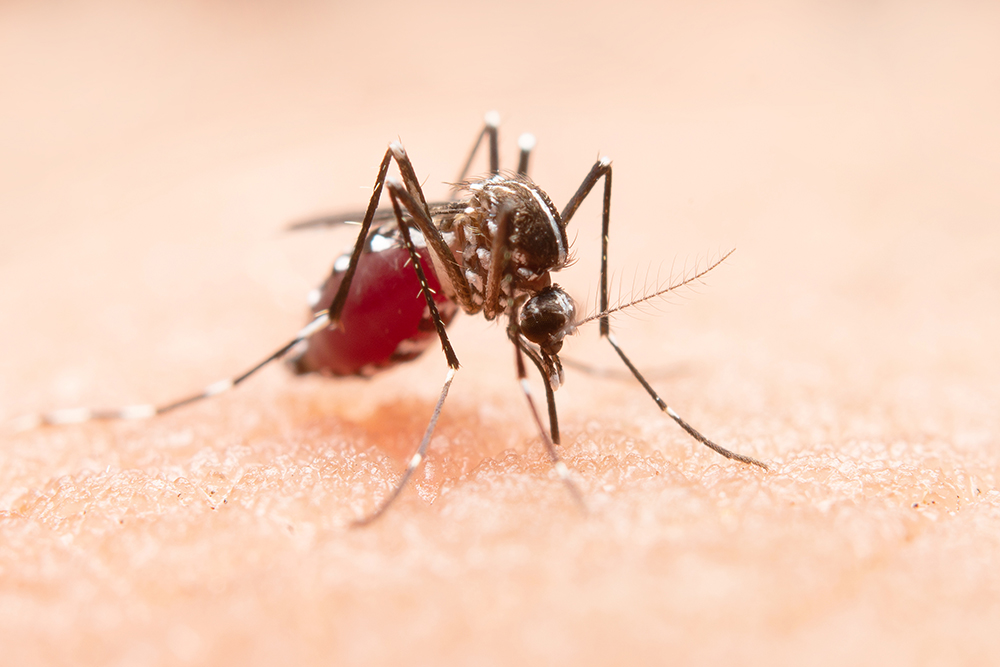West Nile Virus (WNV) is a mosquito-borne virus that primarily affects birds but also poses significant health risks to humans and other mammals. First identified in the West Nile region of Uganda in 1937, WNV has since spread globally, particularly in North America, Europe and parts of Africa. As a member of the Flavivirus genus, WNV shares characteristics with other notable viruses such as dengue and Zika, making it a major public health concern.
Transmission of WNV occurs mainly through the bite of infected mosquitoes, particularly those in the Culex genus. These mosquitoes acquire the virus after feeding on infected birds, which serve as the primary reservoirs. While humans can become infected, they are considered incidental hosts and do not significantly contribute to the transmission cycle. Rare cases of transmission occur through organ transplants, blood transfusions and breastfeeding, although these instances are uncommon. Environmental factors, such as temperature and rainfall, play a crucial role in influencing mosquito populations and the risk of WNV transmission, with warmer weather often leading to increased mosquito activity.
Most individuals infected with WNV remain asymptomatic, with approximately 80% showing no symptoms. About 20% may experience mild symptoms, including fever, headache and body aches. However, severe neurological complications arise in about 1 in 150 cases, leading to conditions such as encephalitis or meningitis. Severe symptoms may include high fever, neck stiffness, disorientation and seizures, necessitating immediate medical attention. The risk of severe disease increases with age and in individuals with weakened immune systems, emphasizing the need for early diagnosis and intervention.
Diagnosing WNV is challenging due to its nonspecific symptoms, which resemble those of other viral infections. A thorough clinical evaluation, including a detailed medical history and symptom assessment, is essential. Laboratory tests, such as serological assays to detect antibodies against WNV and polymerase chain reaction (PCR) tests to identify viral RNA in blood or cerebrospinal fluid, are crucial for confirming the infection. Currently, there is no specific antiviral treatment for WNV; management focuses on supportive care, particularly for severe cases.
Preventing WNV infection involves a combination of community efforts and individual protective measures. Effective mosquito control is vital and includes eliminating standing water where mosquitoes breed, using insecticides and employing mosquito traps. Individuals are advised to wear long sleeves and use repellents during peak mosquito activity.
